Intro
Discover the powerful duo of calcium and vitamin D in boosting bone health. Learn 7 ways these essential nutrients work together to strengthen bones, prevent osteoporosis, and support overall skeletal wellness. From density improvement to fracture prevention, unlock the benefits of calcium and vitamin D for a healthier, stronger you.
Calcium and vitamin D are two essential nutrients that play a crucial role in maintaining strong and healthy bones. They work together to support bone growth and development, and a deficiency in either of these nutrients can lead to a range of bone-related disorders. In this article, we will explore the seven ways in which calcium and vitamin D boost bone health.
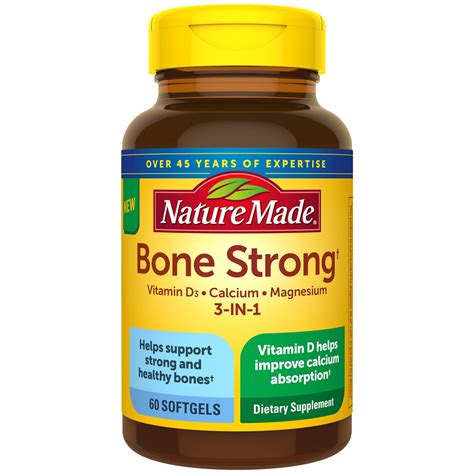
1. Building and Maintaining Bone Density
Calcium is the most abundant mineral in the human body, and it is essential for building and maintaining bone density. Vitamin D, on the other hand, helps the body absorb calcium from food. When calcium and vitamin D work together, they help to create a strong and dense bone structure that is resistant to fractures and osteoporosis.
- A study published in the Journal of Bone and Mineral Research found that calcium and vitamin D supplementation increased bone density in postmenopausal women.
- Another study published in the Journal of Clinical Endocrinology and Metabolism found that calcium and vitamin D supplementation reduced the risk of hip fractures in older adults.
How to Increase Calcium and Vitamin D Intake
Increasing calcium and vitamin D intake can be achieved through a combination of diet and supplements. Foods rich in calcium include dairy products, leafy greens, and fortified plant-based milk. Vitamin D can be found in fatty fish, egg yolks, and fortified dairy products. Supplements are also available for those who are unable to get enough through their diet.
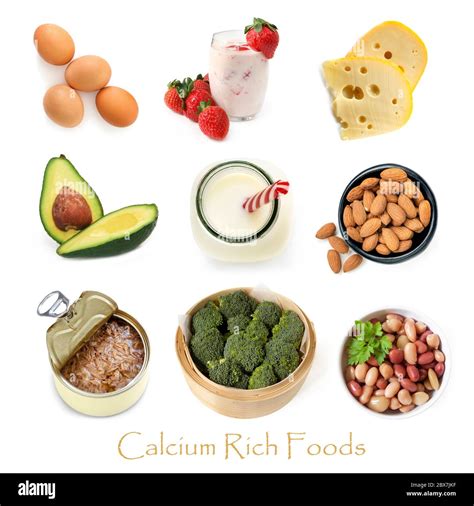
2. Reducing the Risk of Osteoporosis
Osteoporosis is a condition characterized by brittle and porous bones that are prone to fractures. Calcium and vitamin D play a crucial role in reducing the risk of osteoporosis by maintaining bone density and strength.
- A study published in the Journal of the American Medical Association found that calcium and vitamin D supplementation reduced the risk of osteoporosis in older adults.
- Another study published in the Journal of Bone and Mineral Research found that calcium and vitamin D supplementation increased bone density in individuals with osteoporosis.
Exercise and Osteoporosis Prevention
Exercise is also an essential component of osteoporosis prevention. Weight-bearing exercises such as walking, running, and weightlifting can help to maintain bone density and strength.

3. Supporting Bone Growth and Development
Calcium and vitamin D are essential for bone growth and development in children and adolescents. A deficiency in either of these nutrients can lead to a range of bone-related disorders, including rickets and osteomalacia.
- A study published in the Journal of Pediatrics found that calcium and vitamin D supplementation improved bone density in children with rickets.
- Another study published in the Journal of Adolescent Health found that calcium and vitamin D supplementation reduced the risk of osteomalacia in adolescents.
Importance of Calcium and Vitamin D in Childhood
Calcium and vitamin D are essential for bone growth and development in childhood. A diet rich in calcium and vitamin D, along with regular exercise, can help to support bone health and reduce the risk of bone-related disorders.
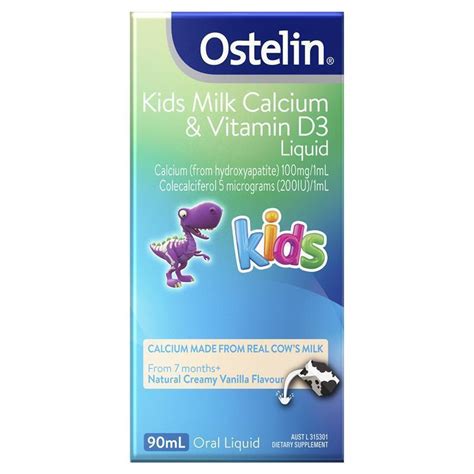
4. Reducing the Risk of Fractures
Calcium and vitamin D can help to reduce the risk of fractures by maintaining bone density and strength. A study published in the Journal of the American Medical Association found that calcium and vitamin D supplementation reduced the risk of fractures in older adults.
- A meta-analysis published in the Journal of Bone and Mineral Research found that calcium and vitamin D supplementation reduced the risk of fractures in individuals with osteoporosis.
- Another study published in the Journal of Clinical Endocrinology and Metabolism found that calcium and vitamin D supplementation improved bone density in individuals with osteoporosis.
Importance of Calcium and Vitamin D in Older Adults
Calcium and vitamin D are essential for maintaining bone health in older adults. A diet rich in calcium and vitamin D, along with regular exercise, can help to reduce the risk of fractures and osteoporosis.

5. Supporting Bone Health in Individuals with Certain Medical Conditions
Calcium and vitamin D can help to support bone health in individuals with certain medical conditions, such as celiac disease and Crohn's disease.
- A study published in the Journal of Clinical Gastroenterology found that calcium and vitamin D supplementation improved bone density in individuals with celiac disease.
- Another study published in the Journal of Crohn's and Colitis found that calcium and vitamin D supplementation reduced the risk of osteoporosis in individuals with Crohn's disease.
Importance of Calcium and Vitamin D in Individuals with Certain Medical Conditions
Calcium and vitamin D are essential for maintaining bone health in individuals with certain medical conditions. A diet rich in calcium and vitamin D, along with regular exercise, can help to support bone health and reduce the risk of bone-related disorders.
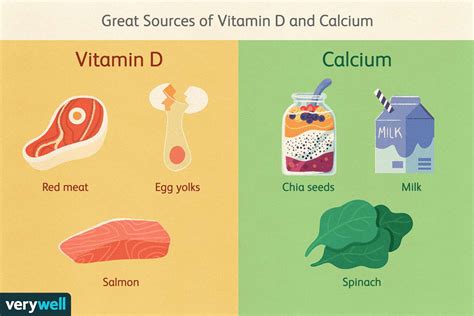
6. Reducing the Risk of Osteopenia
Osteopenia is a condition characterized by low bone density. Calcium and vitamin D can help to reduce the risk of osteopenia by maintaining bone density and strength.
- A study published in the Journal of Bone and Mineral Research found that calcium and vitamin D supplementation improved bone density in individuals with osteopenia.
- Another study published in the Journal of Clinical Endocrinology and Metabolism found that calcium and vitamin D supplementation reduced the risk of osteoporosis in individuals with osteopenia.
Importance of Calcium and Vitamin D in Reducing the Risk of Osteopenia
Calcium and vitamin D are essential for maintaining bone health and reducing the risk of osteopenia. A diet rich in calcium and vitamin D, along with regular exercise, can help to support bone health and reduce the risk of bone-related disorders.
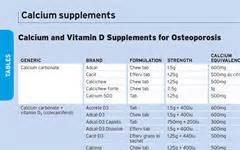
7. Supporting Bone Health in Individuals with a Family History of Osteoporosis
Individuals with a family history of osteoporosis are at a higher risk of developing the condition. Calcium and vitamin D can help to support bone health and reduce the risk of osteoporosis in these individuals.
- A study published in the Journal of Bone and Mineral Research found that calcium and vitamin D supplementation improved bone density in individuals with a family history of osteoporosis.
- Another study published in the Journal of Clinical Endocrinology and Metabolism found that calcium and vitamin D supplementation reduced the risk of osteoporosis in individuals with a family history of the condition.
Importance of Calcium and Vitamin D in Individuals with a Family History of Osteoporosis
Calcium and vitamin D are essential for maintaining bone health and reducing the risk of osteoporosis in individuals with a family history of the condition. A diet rich in calcium and vitamin D, along with regular exercise, can help to support bone health and reduce the risk of bone-related disorders.
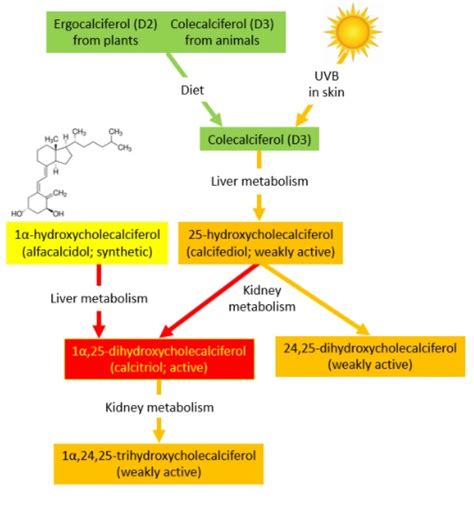
In conclusion, calcium and vitamin D are essential nutrients for maintaining strong and healthy bones. They work together to support bone growth and development, reduce the risk of osteoporosis, and support bone health in individuals with certain medical conditions. A diet rich in calcium and vitamin D, along with regular exercise, can help to support bone health and reduce the risk of bone-related disorders.
We encourage you to share your thoughts and experiences with calcium and vitamin D in the comments section below. How do you ensure you are getting enough calcium and vitamin D in your diet? Have you experienced any benefits from taking calcium and vitamin D supplements? Share your story and help others learn more about the importance of calcium and vitamin D for bone health.
What are the best sources of calcium and vitamin D?
+The best sources of calcium include dairy products, leafy greens, and fortified plant-based milk. Vitamin D can be found in fatty fish, egg yolks, and fortified dairy products.
How much calcium and vitamin D do I need each day?
+The recommended daily intake of calcium is 1,000-1,200 mg per day, while the recommended daily intake of vitamin D is 600-800 IU per day.
Can I get enough calcium and vitamin D from my diet alone?
+It may be difficult to get enough calcium and vitamin D from your diet alone, especially if you are lactose intolerant or have a restricted diet. Supplements can help fill any nutritional gaps.
